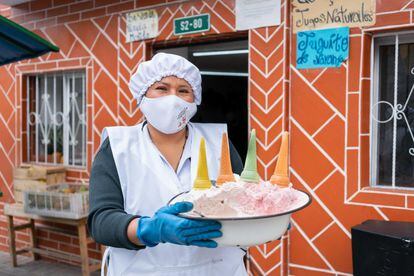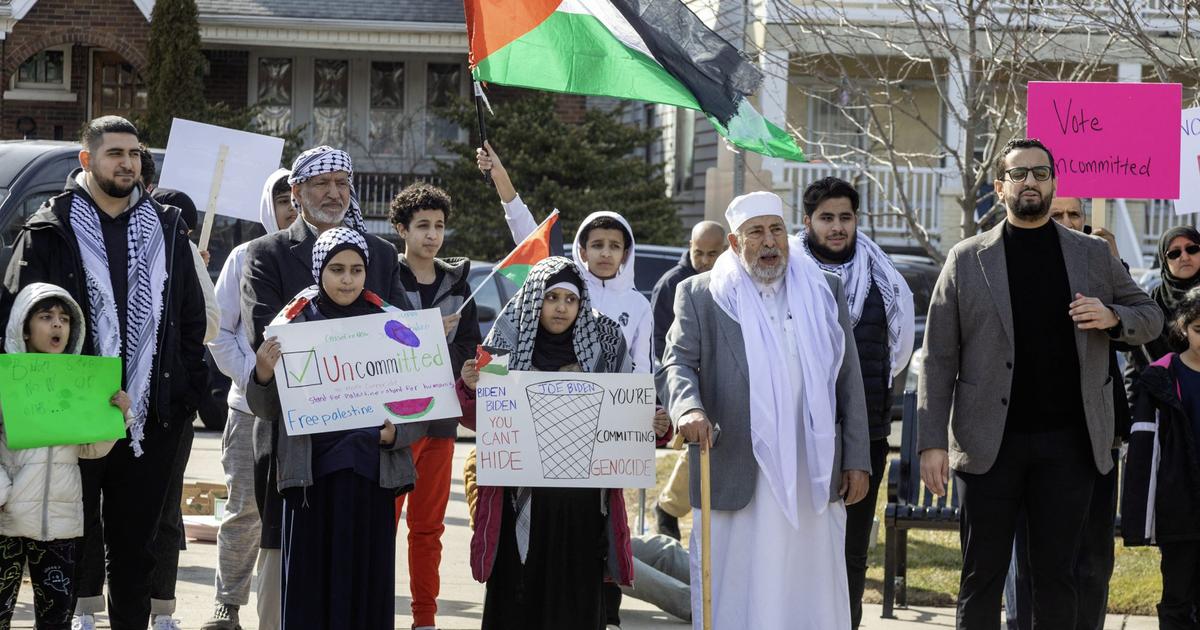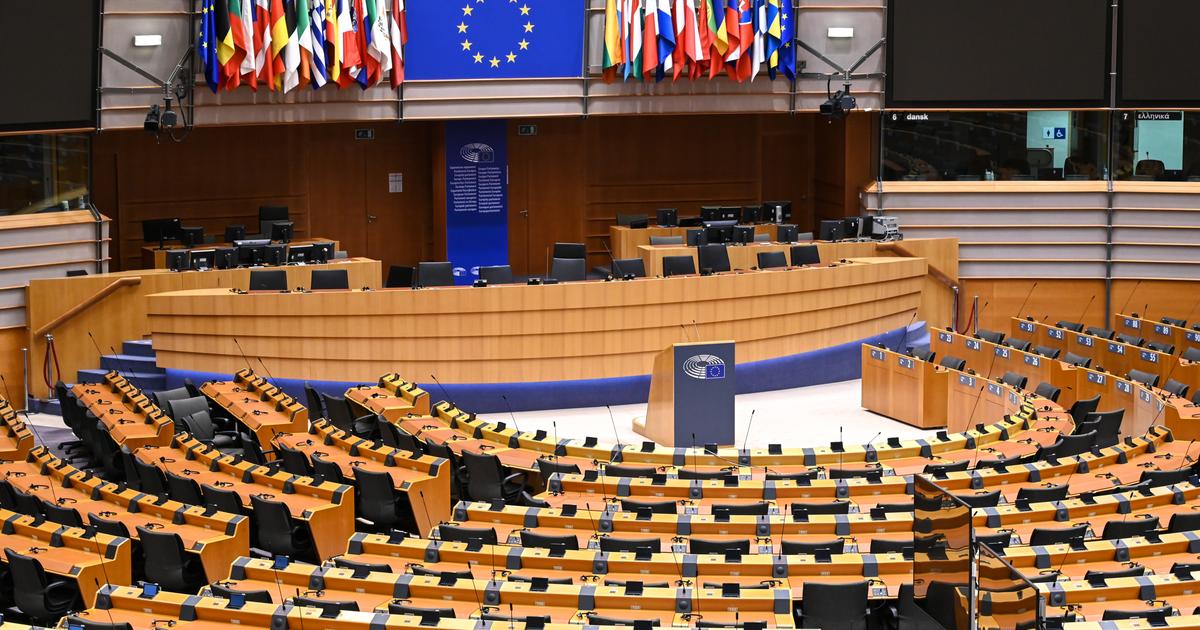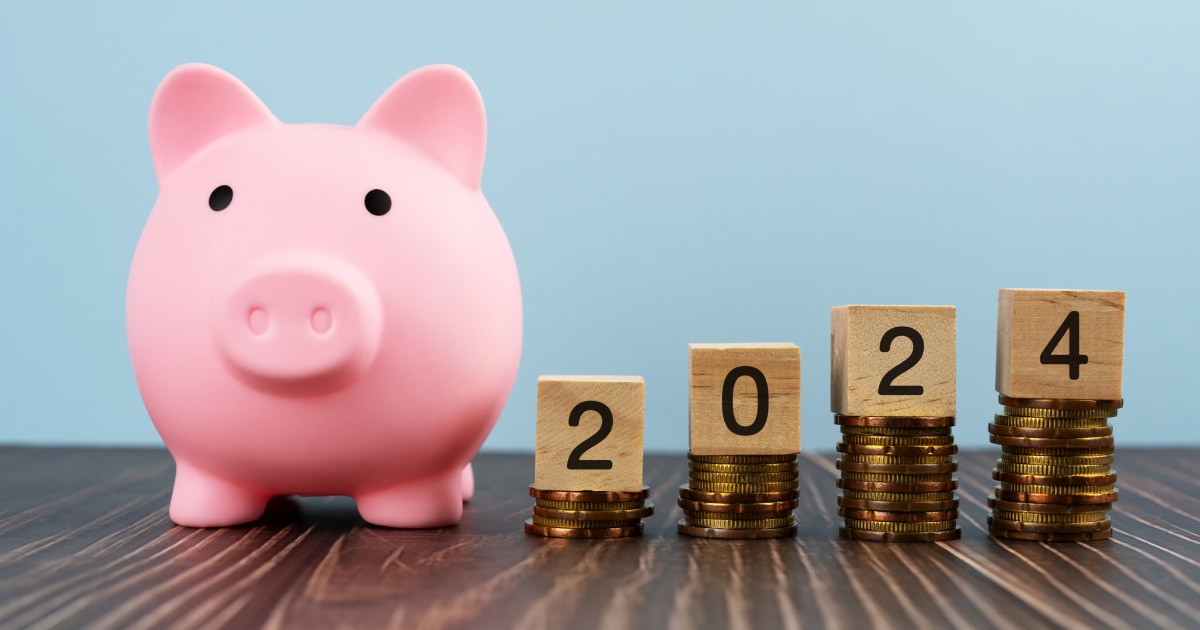There is war in Ukraine and the price of gasoline in Spain breaks its historical record.
We want to put pressure on the Russian economy and Josep Borrell, the EU's High Representative for Foreign Policy, asks the European population to turn down the heating.
A new strain of coronavirus that appears on another continent can quickly reach all corners of the world and confine entire countries.
Everything is connected and we experience it, especially when it touches our pocket.
The same thing happens with the money we have in the bank... What if it was financing the arms industry?
If something as simple as lowering our thermostat by one degree has consequences thousands of kilometers from our home, it is clear that our decisions do not remain in the here and now:
they can influence the life of a person located in another country and whom we do not even know.
For example, if we are against mega-farming, we show our rejection by reducing our meat consumption and choosing to purchase healthier and more sustainable animal products.
Although they seem like small isolated decisions to us, the power of people when we consume is no longer questioned: 43% have boycotted for environmental reasons.
The same goes for deciding where we put our savings.
More than 50 years ago, the streets of half the world were filled with protests against the Vietnam War and the
apartheid
regime in South Africa.
It was against this backdrop that the first ethical finance initiatives arose: it was when protesters discovered that while they were clamoring for peace in the streets, their money in the bank was financing the war.
But, in addition, having our money invested in ethical finances is not only not allocating them to the purchase of weapons, polluting products or companies that destroy forests, it is knowing that we are financing development where it is most needed.
There are numerous alternatives to traditional banking within a growing ecosystem of ethical finance.
At a global level, the Global Alliance for Banking with Values was created in 2009, which already has 66 entities in 44 countries that promote sustainable financing and impact investment.
Gladys Arcos makes espumillas, a traditional local dessert from Ecuador. Makmende/Ana Maria Buitron for Oikocredit
Micro solutions to macro problems
Richard Buckminster Fuller, an American inventor, created the word
synergy
to refer to the action of two or more causes whose effect is greater than the sum of the individual effects.
Or, put another way: the sum of microsolutions has great effects on macroproblems.
A fantastic example is microcredit: a small loan of money to a person or community to get a start-up in a business.
For example, buying sewing machines, seeds, a place to sell products, improving a facility...
But, in addition, it reinforces the feeling of solidarity between communities and generates social cohesion between groups of people who have a common interest and who share services from which the whole community benefits, such as doctors or schools.
They are tools based on cooperation and not on competition.
Microcredits have shown a greater resilience capacity to continue in a pandemic context
This directly affects the empowerment of women, who statistically have a more responsible and committed management of money.
According to Oikocredit, a global cooperative and social impact investor since 1975, 87% of the population reached in 2021 were women.
In addition, microfinance or microcredits open the door to financial inclusion, a key factor in reducing poverty and promoting prosperity, according to the World Bank.
It is something more holistic;
the profit generated is greater.
Those wonderful synergies appear that are more than the sum of the parts.
Mutual trust
This is a matter of end-to-end trust and investment in the real economy.
Being a loan and not a donation, an interest margin is charged to make the system sustainable, which we try to adjust as much as possible looking for a medium and long-term commitment.
It is not about transforming poverty into debt, but about making a community self-sufficient and have alternative sources of income.
Mercy Mbatia, a Kenyan entrepreneur who is now 76 years old, has created a poultry business thanks to a microcredit.
With approximately 1,500 euros she was able to buy 750
chicks
and build a chicken coop around the corner from her house.
Mbatia was widowed in 1971, she has raised four children, grows tea and avocados.
She has been a teacher and her example has served as an inspiration to many other women in her community.
In Kenya, Elikanah Ng'ang'a was the architect, thanks to financial support from Oikocredit and its local partners, of a tea project that has benefited many women, even beyond the borders of her country.
Like Jeannette, a mother of seven in Rwanda, who for many years had been a tea picker and never dreamed of owning her own plantation.
She now farms on her own farm, she also has beans and a cow, and has learned how to compost.
Kedar Mali (on the right) with his family, in Ghans, Rajasthan, India. Opmeer Reports
resilience short stories
Success stories like those of Mercy or Jeannette are not isolated.
“This collaboration has only brought us good things,” says Elisete Lüneburger, co-owner with her husband of 20 hectares in the small town of Maravilha, in Santa Catarina, Brazil.
With the financial support of the local cooperative Sulcredi they switched from growing tobacco to vegetables and have prospered so much in their business that they now produce 8,000 units of vegetables per month.
Thousands of
micro
-stories like these are truly great life projects, with a positive impact on many people.
On the outskirts of Jakarta, Indonesia, the cooperative Koperasi Mitra Dhuafa, with nearly 800,000 members, has made it possible to start a micro-enterprise producing fish and shrimp crackers with a small loan.
Her owner was able to send her children to school and over time she expanded her business, employing neighbors.
In rural Nigeria – where only 25% of the population has access to electricity – 55,000 people can now turn on the light thanks to local investment in renewable energy.
More stories: Kedar Mali and his family, in the village of Ghana, located in the desert state of Rajasthan, in India, have access to water for growing vegetables thanks to the installation of 16 solar panels and a solar pump, reducing their dependence on diesel.
All this thanks to a microcredit of 1,320 euros.
And so I could fill many pages to verify that inclusive finance in the form of microcredits bring social and business profitability, but above all well-being to people and communities.
Initiatives that, despite the negative impact of the pandemic, have shown a greater resilience to continue, as can be seen from a survey carried out in 2021 among credit recipients in Kenya, Peru, Uganda and the Philippines.
The silent current that changes the world
The resilience of small businesses and communities is being tested every day, with new challenges and global problems, but where cooperation is proving to be more solvent than competition.
If from our small reality we can make our money, while we don't need it, contribute to improving other lives, I encourage us to join forces and create synergies to be that silent stream of responsible investors who, with small decisions, change the world.
Xavier Fernàndez-Díaz Mascort
is president of Oikocredit Catalunya.
You can follow PLANETA FUTURO on
,
and
, and subscribe
to our 'newsletter'
here
.









